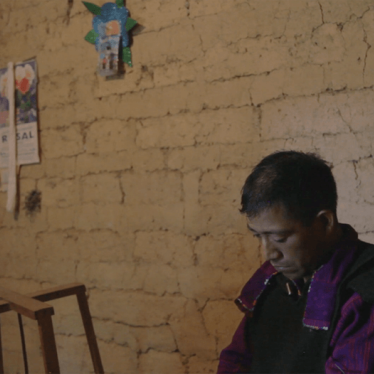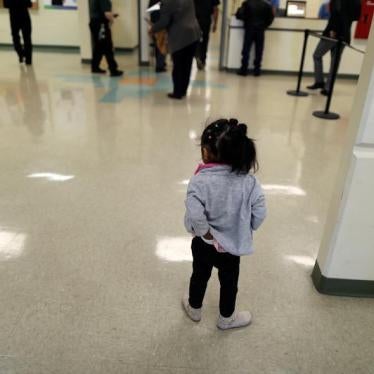Oppose H.R. 6691, the “Community Safety and Security Act”
Dear Representative:
We, the undersigned organizations, urge you to oppose H.R. 6691, the “Community Safety and Security Act,” which would amend the definition of a “crime of violence” under 18 U.S.C. § 16. This bill was written in response to the Supreme Court’s decision in Dimaya v. Sessions, which held that subsection (b), known as the “residual clause,” is unconstitutionally vague. Instead of taking time to fashion a definition that takes into consideration the many legal ramifications across federal proceedings of changing this term, the bill recklessly pushes forward a definition of a crime of violence for political purposes. It is unnecessary, overbroad, and could have substantial harmful effects.
We oppose H.R. 6691 for the following reasons:
- The bill is overbroad and includes in its list of crimes of violence a number of offenses that have no element of violence at all. Burglary, for example, is included in the list of crimes of violence though it is defined as the unlawful or unprivileged entry into a building. Likewise, the bill lists coercion through fraud as a violent felony though no element of violence is part of that criminal offense. Simple assault is also considered a violent crime even in circumstances where the underlying act was a merely a push or shove.
- The bill dangerously expands the definition of violent crime which fuels overcriminalization. Every existing definition of a crime of violence in federal law or for federal purposes includes as an element the use, threatened use, or attempted use of force — see 18 U.S.C. §§ 924(c)(3), 3156; Uniform Crime Reports. But H.R. 6691 omits this crucial and basic requirement. The consequences are dangerous, especially in the hands of a Justice Department which has displayed a general tendency to use a sprawling definition of violent crime to justify more arrests and prosecutions and longer prison sentences. The residual clause, while expansive, at least had the requirement that the crime of violence be classified as a felony that involves a substantial risk of force against person or property, but even that requirement has been removed by H.R. 6691.
- A new definition of crime of violence is unnecessary, even in light of Dimaya. The Court in Dimaya held that the residual clause is unconstitutional but left in place subsection (a), which defines a crime of violence as “an offense that has as an element the use, attempted use, or threatened use of physical force against the person or property of another.” Moreover, this bill seeks to undercut a number of Supreme Court decisions, and in doing so, impacts more than just the “crime of violence” definition.
- H.R. 6691 could have significant exclusionary effects on federal criminal justice laws and legislation. Carelessly expanding the definition of a “crime of violence” will change criminal procedures under current law and lead to more people being unnecessarily detained both pre-trial and post-conviction. This goes against bipartisan efforts to reform the criminal justice system. For example, proposed legislation such as H.R. 4833 (Bail Fairness Act); H.R. 5043 (Fresh Start Act); and H.R. 5575 (Pathway to Parenting Act) bars people convicted of a crime of violence from pretrial release considerations, expungement of crimes, and receiving visitors. Expanding the definition of a crime of violence would exclude some of the very people meant to be helped by these bills.
For these reasons, we urge you to vote “no” on H.R. 6691. Thank you for your attention to our concerns.
Sincerely,
Human Rights Watch








